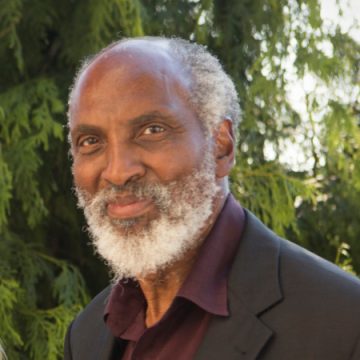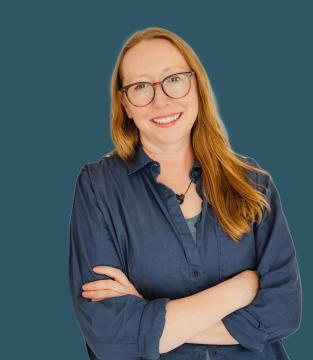Story
Dan Klassen
Fellowship: 35 Years Out

“The games don’t improve memory loss, but the patients open up.”
Dan Klassen (BF’82) wanted to go into university administration. In fact, that’s exactly what he intended to use his Bush Fellowship for in 1982. His Fellowship, it turned out, opened new doors and opened his mind to new possibilities — and set the tone for a remarkable career.
After being awarded the Fellowship, Klassen packed up for the summer and headed to the College Management Program at Carnegie Mellon University in Pittsburgh, Pa. He was the director of educational research and the director of the Academic Computer Center at St. Olaf College in Northfield, Minn.
It was the early ’80s, the cusp of a computer software revolution. At the time, Klassen also worked part-time with the Minnesota Educational Computing Consortium developing learning games for children.
With ideas swirling around in his head, he used a few free days during the Carnegie program to visit New York City. He called five companies, including Reader’s Digest and various textbook publishers, hoping one of them would show interest in entering the digital world.
Every one of them said yes to at least one idea. But Klassen ended up working directly with Scholastic, the world’s largest publisher of children’s books and K-12 textbooks.
After finishing his studies at Carnegie, he returned to Minnesota. He immediately launched his own business, Information Technology Design Associates, and developed software with Scholastic for several years. (He founded two more game software companies after that.) Despite the career change, the knowledge he gained at Carnegie Mellon remained useful. Many of the topics they covered were just what you needed to run a business.
“You don’t necessarily have to feel like you’re locked into what you’re going into at the start of the Fellowship,” Klassen says. “Usually you are so busy working and don’t have a lot of time to think about what’s next. When you get away like that, you get some time to think, which is invaluable.”
Klassen spent the rest of his career developing learning games for children, and eventually for aging adults with Alzheimer’s. He currently serves as the principal investigator on Memory Matters, a federally funded mobile game app project that supports Alzheimer’s patients.
“The games don’t improve memory loss, but the patients open up and talk about things. It’s a way to increase communication skills on the part of the person with dementia or memory loss to reconnect with their past and remember the good things that happened to them when they were younger,” Klassen explains.
Product testing will continue at assisted living facilities across the Twin Cities well into 2018, and Klassen will continue to be involved at every stage.
After a lifelong career steered largely by his 1982 Bush Fellowship and a life-altering weekend trip to New York City, what comes next is unclear; he is technically retired, after all.
Illustration by Allegra Lockstadt
Continue reading
-

News
Power of Bridging event
Mark your calendars for a special community event with john a. powell! Thanks to our friends at MPR News, we'll be hosting john at the Fitzgerald Theater on December 2 and hope you can join us!
-

News
Celebrating the 2025 Bush Prize honorees
Learn more about the 2025 Bush Prize honorees who are helping to make our region better for everyone!
-

News
Welcome to new Bush staff members
We are celebrating some new Bush colleagues and hope you get to meet them soon!